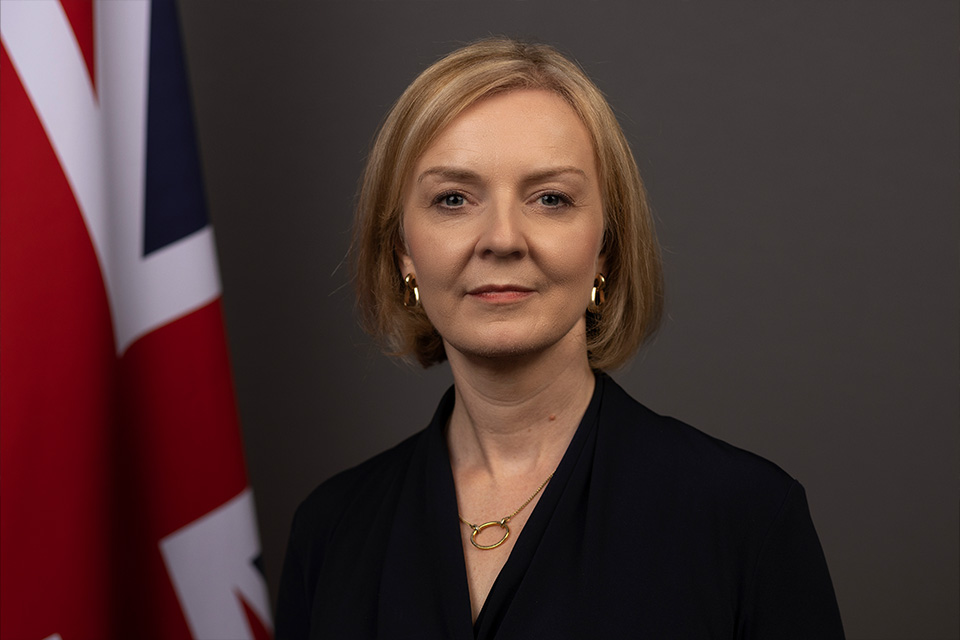Youth justice update
Written Ministerial Statement made by The Rt Hon Elizabeth Truss MP, Lord Chancellor and Secretary of State for Justice.

In December 2016, we set out our plans to reform our approach to youth justice which will help drive forward improved outcomes for young offenders both in custody and in the community.
We are today announcing the next steps of our reforms with a package of measures which will create stronger, clearer governance for the youth justice system.
I have appointed Charlie Taylor as the new Chair of the Youth Justice Board. He is uniquely well placed to take on this role: he has led changes in government policy on the education of children who have been excluded from school, is a former head teacher of an outstanding school for children with complex behavioural, emotional and social difficulties, and his youth justice review set out a compelling vision for reform. As the Chair of the Board, it is this vision that he will work with my department to drive forward.
We will create a new Youth Custody Service as a distinct arm of HM Prison and Probation Service, with a dedicated Director accountable directly to the Chief Executive and working closely with the Chair of the Youth Justice Board.
The Director will have operational responsibility for the day-to-day running of the youth estate, will keep a firm grip on performance, and will be a board-level member of HM Prison and Probation Service. The Youth Custody Service will have its own workforce separately recruited and trained to work in the youth estate, and we will create distinct career pathways for those wanting to work with children and young people in the secure estate, including a new Youth Justice Specialist Worker role.
We will bring responsibility and accountability for commissioning youth custody services into the Ministry of Justice. Working closely with the Chair of the Youth Justice Board, the Department will be responsible for setting clear standards for the provision of youth justice and will be responsible for intervening decisively to address poor performance.
These changes will enable the Youth Justice Board to build on its strong track-record and focus on its statutory function of providing vital independent advice on, and scrutiny of, the whole system, advising the government on what standards to set for the youth justice system and monitoring delivery of those standards. It will continue to work closely with Youth Offending Teams to promote early intervention in the community and share best practice across the system.
The youth justice system covers England and Wales and the majority of services for children and young people in Wales are devolved. We will continue our collaborative approach with the Youth Justice Board Cymru and the Welsh Government under these new arrangements.
We are very grateful to Lord McNally, whose term as Chair ends shortly, for his dedicated leadership of the Youth Justice Board over the past three years, and thank him for the drive and passion he has shown.
Charlie Taylor will become the new Chair of the Youth Justice Board when Lord McNally’s term ends. Under the Governance Code on Public Appointments, which came into effect on 1 January this year, ministers can, in exceptional circumstances, make an appointment without a competition. I have decided to appoint Charlie Taylor as the new Chair of the Youth Justice Board on these terms and, in accordance with the Code, have consulted the Commissioner for Public Appointments who has accepted the decision.
We are also publishing today the findings and recommendations of the Youth Custody Improvement Board. The Board was set up to explore and report on the current state of the youth custodial estate and recommend how the system could be improved, particularly focusing on any current risks to safety and well-being. We are very grateful to its members for their work.
The Board’s report underlines the importance of reforming the youth custody system. Many of their recommendations are reflected in our plans, and we will consider all their recommendations as we implement our reforms.